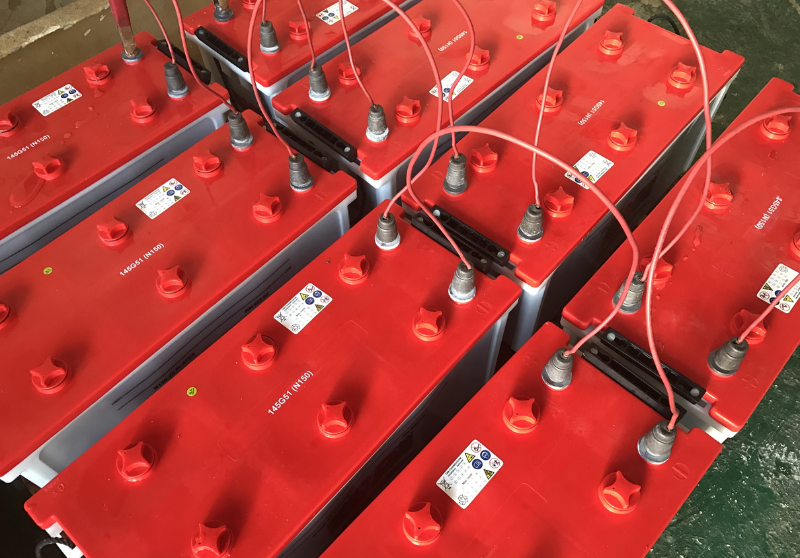Adden Energy, a solid-state battery developer, announced that it had received a seed financing of $5.15 million and a technology license from Harvard University’s Office of Technology Development (OTD). Primavera Capital Group led the funding round with participation from Rhapsody Venture Partners and MassVentures.
The license and the venture funding will enable the startup to scale Harvard’s laboratory prototype toward commercial deployment of a solid-state lithium-metal battery that may provide reliable and fast charging for future EVs to help bring them into the mass market.
Developed by researchers in the lab of Xin Li, Associate Professor of Materials Science at Harvard John A. Paulson School of Engineering and Applied Sciences (SEAS), the lab-scale coin-cell prototype has achieved battery charge rates as fast as three minutes with over 10,000 cycles in a lifetime, with results published in Nature and other journals. It also boasts high energy density and a level of material stability that overcomes the safety challenges posed by some other lithium batteries.
“Complete electrification of the vehicle fleet is one of the most meaningful steps we can take to fight climate change,” said Fitzhugh, CEO of Adden Energy. “However, broad adoption of electric vehicles requires batteries that can meet a diverse set of consumer needs. For example, 37% of Americans don’t have garages at home, so at-home overnight charging is not possible. In order to electrify this segment, EVs need to recharge at comparable times to internal combustion vehicles, essentially in the time you’d currently spend at the gas pump.”
Adden aims to scale the battery to a palm-sized pouch cell, then upward toward a full-scale vehicle battery in the next three to five years.
“Typically, lithium-metal anodes in other solid-state designs develop dendrites, twig-like growths that can gradually penetrate through the electrolyte to the cathode. We defeat the growth of dendrites before they can cause damage by novel structural and material designs,” said Ye, now CTO of Adden Energy. “As a result, the device can sustain its high performance over a long lifetime. Our recent study shows that this nice feature can also be maintained at scale-up.”
Last Month, Zitara, a machine-learning powered battery management software company, announced the close of a $12 million Series A round led by Energy Impact Partners with existing investors NextView Ventures, Collaborative Fund, and Trucks VC.
According to Mercom’s 1H and Q2 2022 Funding and M&A Report for Storage, Grid & Efficiency, In Q2 2022, VC funding for Energy Storage, Smart Grid, and Efficiency companies increased to $2.4 billion in 34 deals compared to $1.6 billion in 37 deals in Q1 2022.




